 Home > News > Industry News
Home > News > Industry News
Parameter
Model | Bale Size (mm) | Bale Weight (Kg) | Power (Kw) |
HBL0205 | 350X170X100 | 2 | 5.5 |
350X320X100 | 5 | ||
HBL0510 | 400X240X150 | 5 | 5.5 |
400X400X150 | 10 | ||
HBL1015 | 450X300X180 | 10 | 7.5 |
450X420X180 | 15 | ||
HBL1520 | 500X320X200 | 15 | 7.5 |
500X400X200 | 20 | ||
HBL2025 | 550X340X200 | 20 | 11 |
550X400X200 | 25 |
If you have any special requirements, we will customize according to your special needs.
Product Show
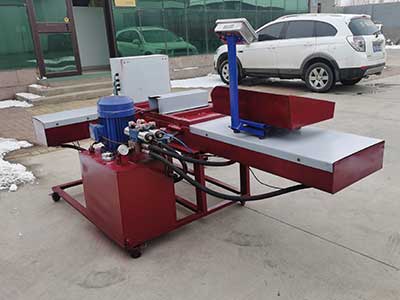 | 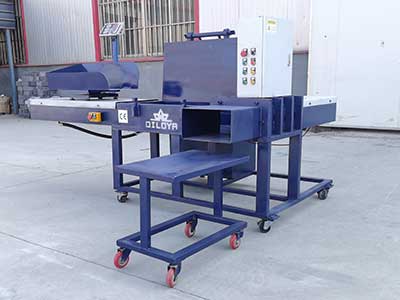 |
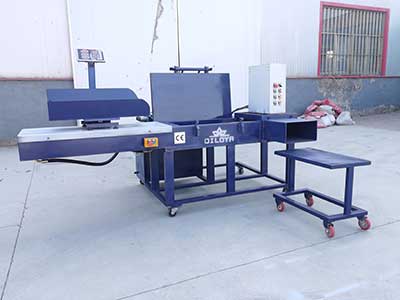 | 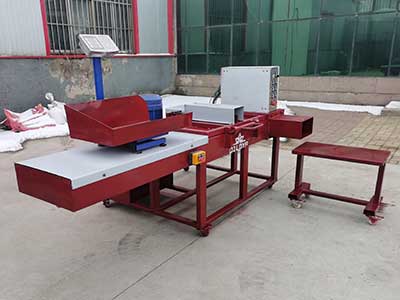 |
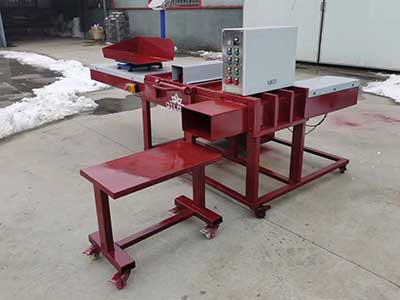 | 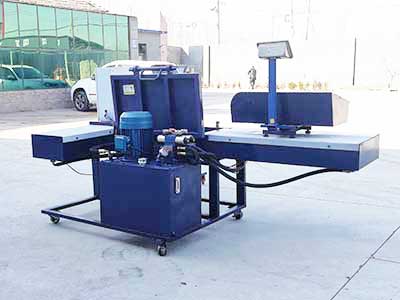 |
 | 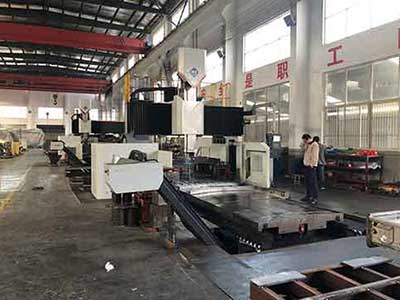 |
Wiper baler machines are essential equipment in the textile and garment industries. These machines are designed to compress and bale waste materials such as rags, wipes, and towels for easy storage and transportation. They are particularly useful in ensuring that waste materials are properly disposed of, reducing the risk of fire and maintaining a safe working environment.
Choosing the right wiper baler machine can be a daunting task, especially for those who are new to the industry. With so many brands and models available, it's essential to know what to look for in a wiper baler machine before making a purchase. In this article, we will guide you on how to select a wiper baler machine that suits your needs.
Capacity: The first consideration when selecting a wiper baler machine is its capacity. Capacity refers to the amount of material the machine can handle in a given period. A small-scale operation may only require a machine that can handle a few hundred pounds of material per hour, while a large-scale operation may require a machine that can handle several thousand pounds of material per hour.
Power source: Wiper baler machines can be powered by either electricity or hydraulics. Electric-powered machines are ideal for small-scale operations that handle low volumes of waste materials. Hydraulically powered machines, on the other hand, are suitable for large-scale operations that handle high volumes of waste materials.
Space: The amount of space available is also a crucial consideration when selecting a wiper baler machine. Large machines may require significant floor space to operate, and it's essential to ensure that there's enough space available to accommodate the machine comfortably. If space is limited, a smaller machine may be a more practical option.
Bale size and weight: The size and weight of the bales produced by the machine are also essential considerations. The size of the bale determines the amount of material that can be stored and transported at a time, while the weight of the bale determines the ease of handling. A machine that produces bales of the appropriate size and weight is necessary for efficient and safe storage and transportation.
Ease of operation: Ease of operation is a critical consideration, especially for those who are new to the industry. The machine should be easy to operate and maintain, with clear instructions and safety precautions provided. The controls should be straightforward, and the machine should be easy to start and stop.
Durability and maintenance: Wiper baler machines are a significant investment, and it's essential to select a machine that is durable and requires minimal maintenance. The machine should be made from high-quality materials that can withstand the wear and tear of daily use. Regular maintenance is necessary to keep the machine running efficiently and to avoid costly repairs in the future.
Cost: Finally, cost is a crucial consideration when selecting a wiper baler machine. It's essential to choose a machine that fits your budget while also meeting your operational needs. It's essential to consider the long-term costs of ownership, including maintenance and repair costs.
In conclusion, selecting the right wiper baler machine requires careful consideration of the machine's capacity, power source, space requirements, bale size and weight, ease of operation, durability and maintenance, and cost. By considering these factors, you can select a machine that meets your operational needs while also fitting your budget. With the right machine, you can ensure that your waste materials are properly disposed of, reducing the risk of fire and maintaining a safe working environment.